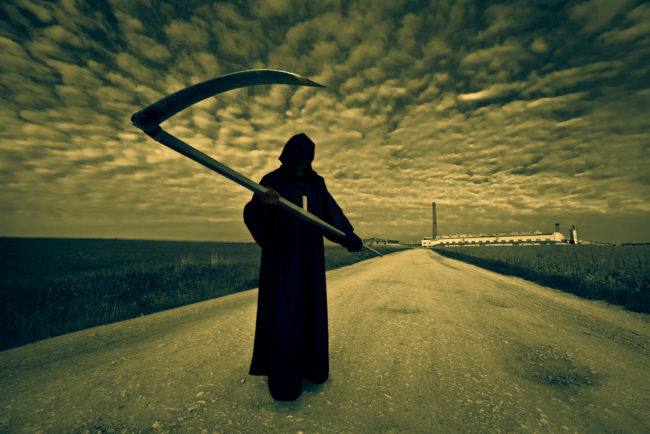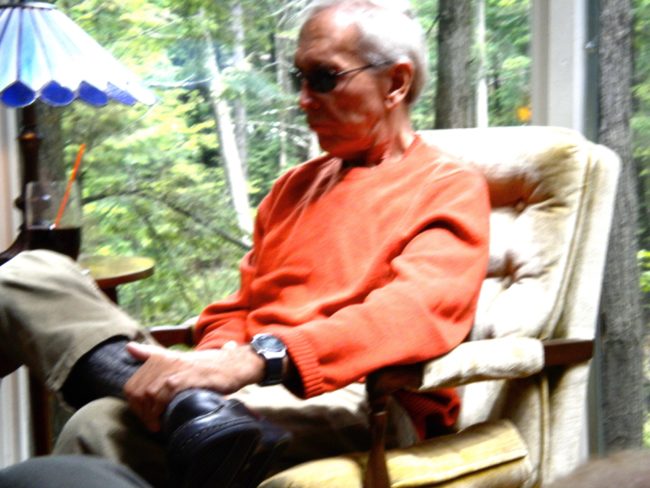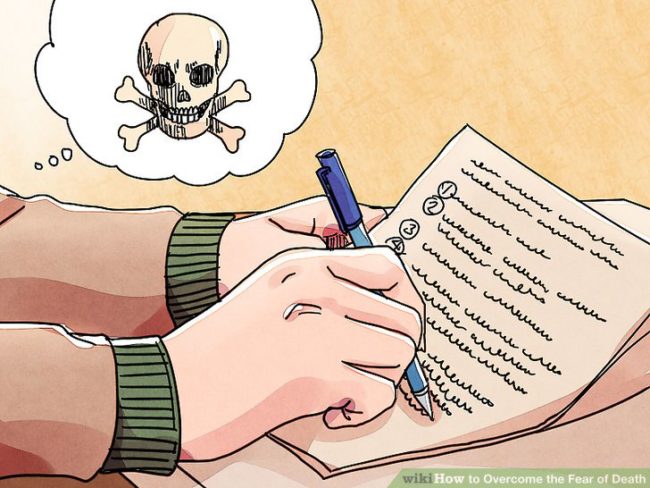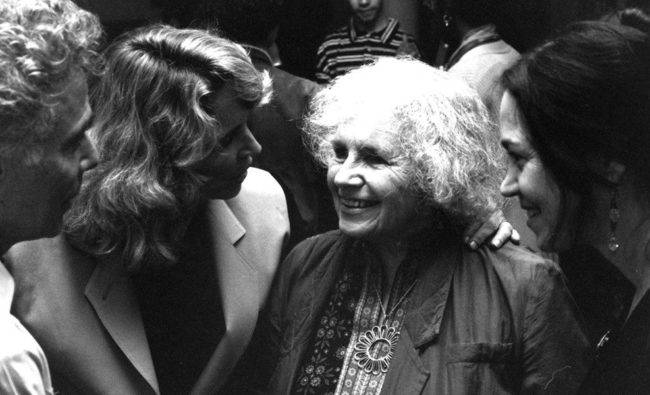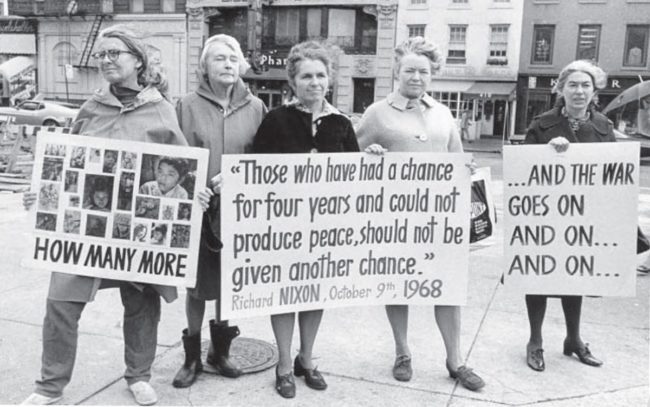As I move through my 70’s I’m forced to face the fact that I’m running out of time.
It feels scary. I’m healthy and financially secure, but no one lives forever. How much time do I have left: 15 years, 20 years? The last 15 years raced by. If the next 15 years are going to be equally accelerated, how can I make the most of them? How can I live in the present rather than looking towards the end of the tunnel?
After some soul-searching I’ve concluded that what’s driving my anxiety is my fear of death.
I thought I had come to terms with death, but apparently not. I’d like to get to the place where I can accept death as a shadow, keeping it real but in the background.
I’ve seen people die. I was witness to a dear friend’s last months; he modeled “a good death.” Ray had made peace with dying and savored his last weeks with close friends. Our conversations were soulful and memorable.
I have advanced directives in place to prevent any heroic measures from keeping me alive when my quality of life is gone. I’m hoping, if confronted with a horrible illness, that I’ll be able to find a source for a Korworkiean cocktail. I like having this control in place. It diminishes my fears of dying.
Another issue I’m facing is the fact that my body is wearing down. Some day I will be dependent on others—a challenge for fiercely independent me! Hopefully my deterioration will be gradual. But what if it’s not? What if I have a stroke or some other dramatic illness that propels me into dependency overnight?
Journaling about my fears helps to keep them at bay. Identifying role models who are committed to living fully into their twilight keeps me positive.
A major role model has been the celebrated short story writer, poet and lifelong activist, Grace Paley. I’d like to live my remaining years like her, being politically engaged and creative to the end.
I was lucky enough to meet Grace Paley. It was decades ago when I was 35, and enrolled in the now defunct women’s writing course at Hartwick College in Oneonta, NY, where I was living with my husband and two young children. During the 1970’s and ‘80’s Hartwick’s women’s writing program was famous, drawing women from all over the country for two weeks in August.
Grace was a visiting lecturer and no spring chicken, but she insisted on staying in a rustic cabin at Hartwick’s lakeside camp rather than in the college’s more upscale town accommodations. With two other women and a bottle of wine I went there uninvited one night. I don’t know why we didn’t ask permission; perhaps we were afraid of being politely turned down. Grace seemed pleased to see us. We polished off our bottle and one of hers. I can’t remember her exact words, but she was so full of passion and commitment for writing and for making the world a better place, that she left an indelible impression.
I’m calling on my inner Grace to confront my fears of death. I’m vowing to celebrate, not agonize over my remaining years, keeping Grace in the forefront as my guiding spirit.
I’m always reassured by this passage from Paley’s 2002 New Yorker essay, “My Father Addresses Me on the Facts of Old Age,”
The main thing is this — when you get up in the morning you must take your heart in your two hands. You must do this every morning.
That’s a metaphor, right?
Metaphor? No, no, you can do this. In the morning, do a few little exercises for the joints, not too much. Then put your hands like a cup over and under the heart. Under the breast. He said tactfully. It’s probably easier for a man. Then talk softly, don’t yell. Under your ribs, push a little. When you wake up, you must do this massage. I mean pat, stroke a little, don’t be ashamed. Very likely no one will be watching. Then you must talk to your heart.
Talk? What?
Say anything, but be respectful. Say — maybe say, Heart, little heart, beat softly but never forget your job, the blood. You can whisper also, Remember, remember.
